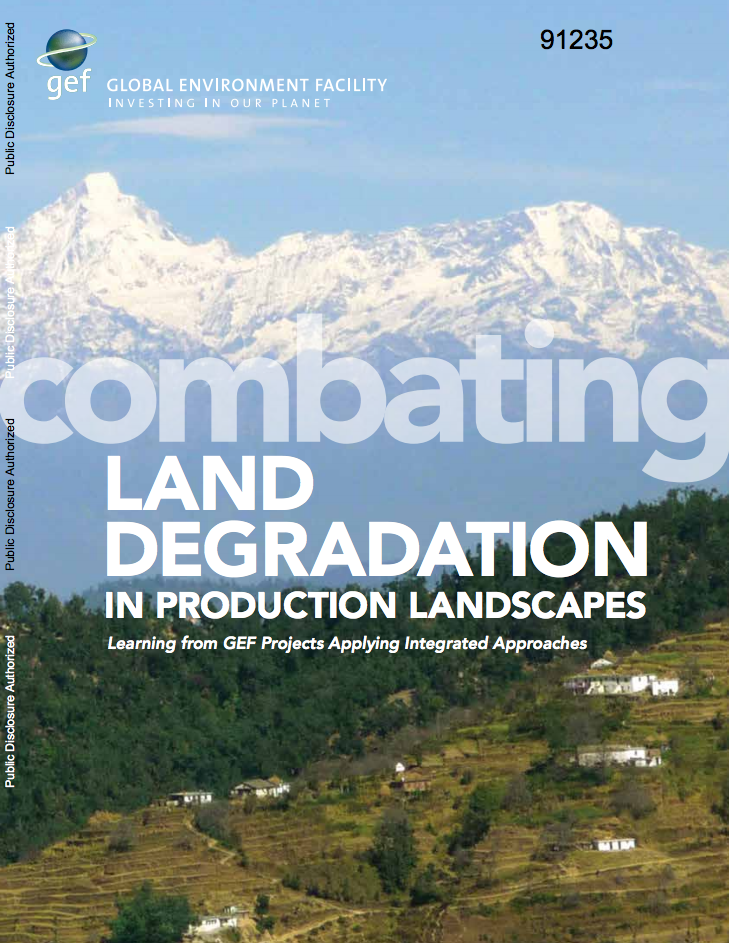The Lake Chad Development and Climate Resilience Action Plan
The Lake Chad Climate resilience action
plan outlines the concept that there is a need to turn Lake
Chad into a rural hub for regional development in parallel
to the restoration of peace and security. The Plan intends
to contribute significantly to food security, employment,
and the social inclusion of the youth by improving, in a
sustainable way, the living conditions of populations
settled on the Lake’s banks and islands as well as the




